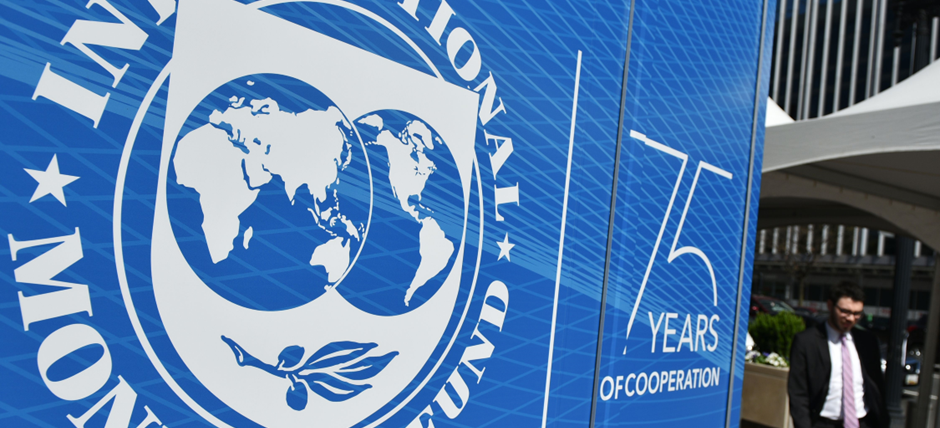The World Bank Group and International Monetary Fund (IMF) are set to focus on developing countries that face a debt crisis or have defaulted on international loans in their spring meetings this month. Inflation, rising borrowing costs, and a strong dollar have made loan repayments and raising money significantly more expensive for developing nations. Some countries in debt crises or that have defaulted on international loans are Egypt, El Salvador, Ghana, Lebanon, Malawi, Pakistan, Tunisia, Sri Lanka, Ukraine, and Zambia. These countries are experiencing foreign exchange shortages, budget deficits, and soaring food and energy prices, among others. The IMF has provided loans to some of these countries to help them with their debt crisis. These developing countries are often stuck between loans from the IMF and China, as defaults on those loans are often refinanced.
EQUITY
Private-sector job data sent the market into mixed trading on Wednesday as investors weighed each macro data effect to predict the Fed's action in May. Tech stocks are among those that pushed the Nasdaq lower while the Dow and S&P 500 held steady. Today will be the last day of trading for the week.
GOLD
Gold prices dropped as the dollar strengthened after lower non-farm payrolls were reported. Investors are waiting for the Federal Reserve's decision on monetary tightening in May with expectations based on a coin flip.
OIL
OPEC+ production cuts were offset by weak economic data, but Saudi Arabia's crude prices suggest increased demand in Asia. Although U.S. crude and fuel stockpiles dropped more than expected, traders are cautious due to signs of a weakening labour market and sluggish global manufacturing activity.
CURRENCY
The US dollar rebounded on Wednesday from two-month lows, but the underlying trend remained downward. The latest private sector jobs data suggests the Federal Reserve may not need to raise rates significantly, and US rate futures markets predict around 85 basis points of cuts by year's end.













